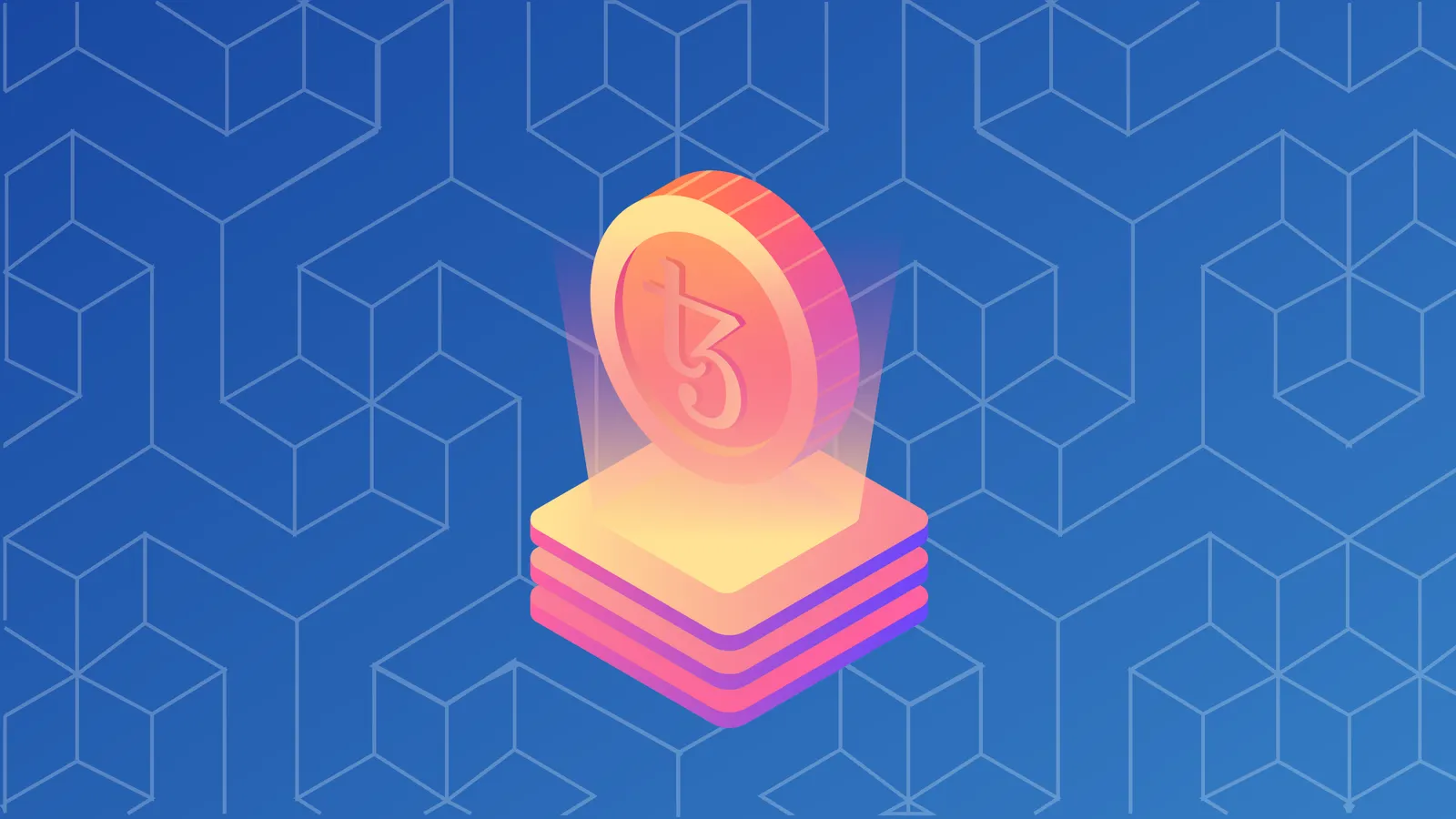2Tezos is a lot like Ethereum. It is a platform to create smart contracts and Dapps that are censorship-free.
As with the current iteration of Ethereum, Tezos runs on Proof-of-Stake. This means there is no crypto mining involved.
It also features a governance model to ensure that people who own the coin have a say in decisions regarding the future of Tezos.
Did you know?
As there are no miners, the people who check and confirm transactions are called “bakers” and they run what’s known as a “baking operation.”
Who invented Tezos?
Tezos was developed by Kathleen Breitman, who was a senior strategy associate for R3, a large blockchain consortium, and her husband Arthur Breitman, a quantitative analyst who worked at Goldman Sachs and Morgan Stanley.
Did you know?
The couple met at a anarcho-capitalist meetup in New York in 2010 and married in 2013.
A brief history
In August 2014, Arthur Breitman published two white papers outlining Tezos. They criticized the inability of Bitcoin to adapt and suggested Tezos as a cryptocurrency that would survive by evolving.
The Tezos ICO was held in July 2017 which raised $232 million. A beta network was launched in June, 2018, which progressed to mainnet on September 17, 2018.
Did you know?
The coin launch was delayed due to a legal dispute between the co-founders and the president of the Tezos Foundation, Johann Gevers.
What’s so special about it?
* ⚖️ Self-governance - It has a democratic voting mechanism so coin owners can choose the way it is upgraded over time.
- 💰 Proof-of-stake - Tezos doesn’t use Proof-of-Work which means it avoids using large amounts of electricity.
How does it work?
Tezos has on-chain governance where coin owners can vote on proposals.
The proposals are then enacted upon by the self-amendment feature which makes changes to the way the Tezos blockchain works.
This means coin holders can enact a change without splitting the currency into two through what’s known as a hard fork.
How are coins produced?
Tezos uses proof-of-stake. This means coin owners can stake their coins and receive rewards for keeping the platform working. This is known as baking.
This process creates new coins, called Tezzies, adding an additional 5% of the total supply every year.
How can you get hold of Tezzies?
You can buy them using fiat currencies (your $, £ or € for example) at exchanges. You’ll need a Tezos wallet and a set of keys to store and exchange them.
The future
Tezos enables coin holders to play a part in how the system works and evolves. If it works to protect against coding failures and enable faster responses, it could become a much safer cryptocurrency than current iterations. After all the hacks out there, this is something the industry needs.


